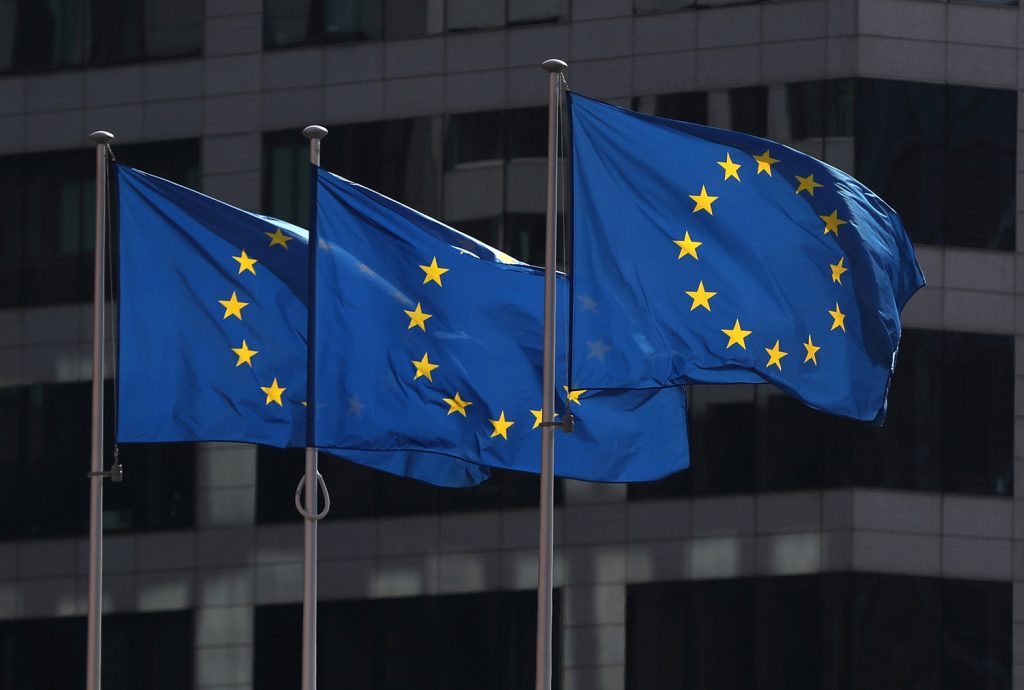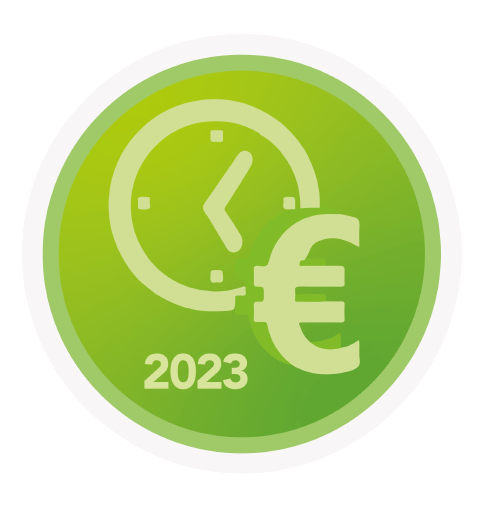The European Commission has launched a program that rewards the detection of bugs in their projectspen Source that support its public services.
The bounty hunters of bugs can receive up to €5,000 (the equivalent of 5,600 US dollars) for finding security vulnerabilities in software open source code used throughout the European Union (EU), including LibreOffice, LEOS, Mastodon, Odoo and CryptPad. This program, led by the European rewards platform of bugs Intigritiwill also offer a bonus of 20% if a code fix for the bugs is provided by the researchers.
In a statement released on January 19, the EC said that it is looking for reports of security vulnerabilities, such as the exposure of personal data, horizontal/vertical privilege escalation and the injection of SQL. The highest reward will be paid for the detection of "exceptional vulnerabilities".
This latest program follows on from another program, called FOSSA, also run by the EU, which paid out more than 220,000 dollars in its 18 months of operation, and which was announced as a "remarkable success".
Speaking to The Daily Swig, Inti De Ceukelaire, head of hackers of Intigritisaid that the partnership came about last year, when the Intigriti led a program funded by the ISA2 of the EC. "We are committed to further nurturing the relationship with the open source communities that we have established over the last few years," he said. tester Belgian. "Personally, I believe that all government bodies should have and encourage the use of vulnerability disclosure policies and introduce or adopt unequivocal laws to support vulnerability research. The rewards for bugs, among other crowdsourcingThey are a great way of encouraging this."
De Ceukelaire added: "Virtually all organizations use open source projects in one way or another. Identifying and resolving security vulnerabilities in these projects has an impact at scale. The Log4j has shown us that supporting the security of widely used open source projects is an absolute necessity, so we can only applaud this initiative by the European Commission."
https://portswigger.net/daily-swig/european-commission-launches-new-open-source-software-bug-bounty-program


